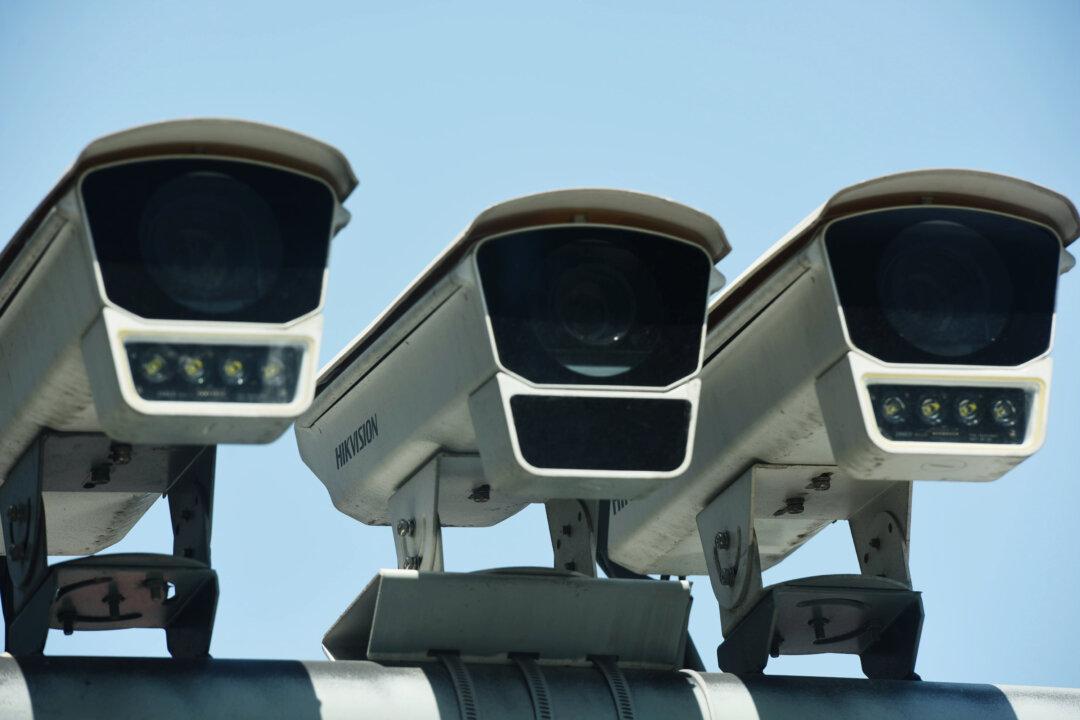The UK government has promised to publish a timeline for the removal of Chinese surveillance equipment from its sensitive sites after facing repeated pressure from MPs and Peers.
Ministers will also get powers to ban risky suppliers from competing for contracts in sensitive sectors, with a dedicated unit assessing the suppliers that may pose national security risks.





